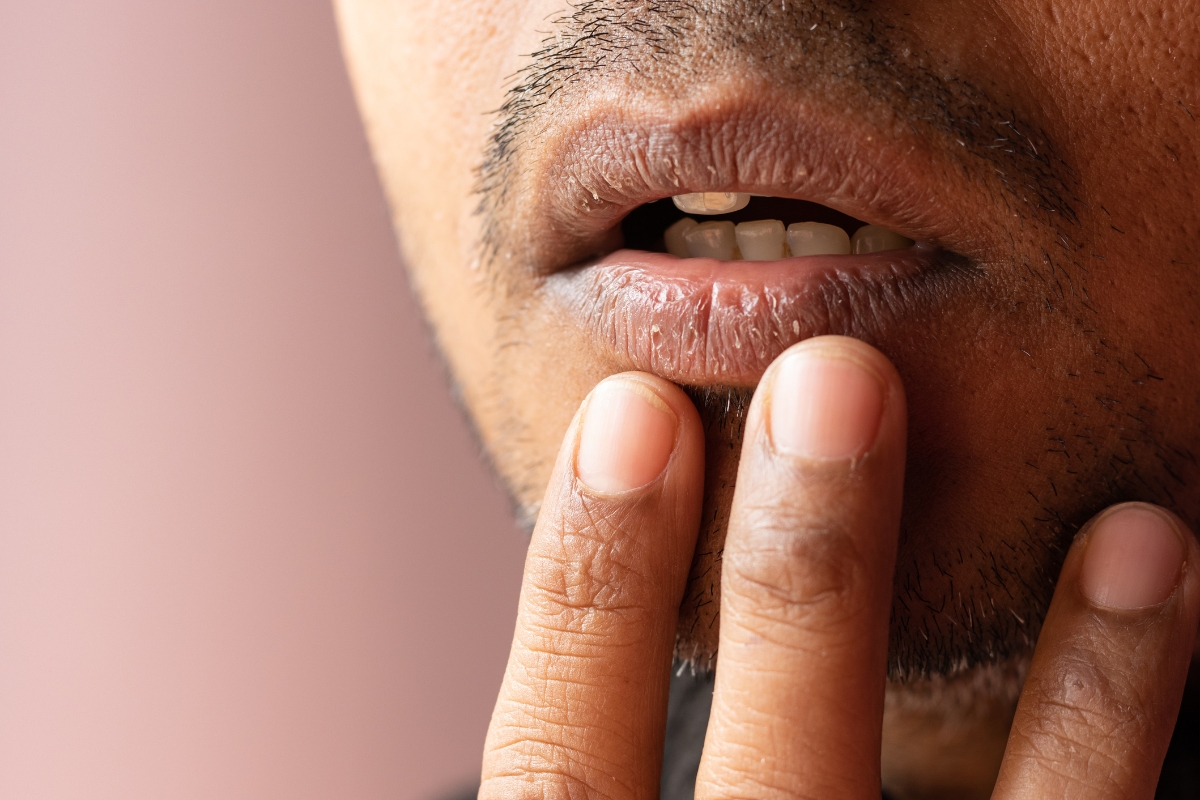
Tooth sensitivity is one of the most common dental problems, tormenting millions of adults throughout the United States. It may start as a stinging sensation when you bite into something sweet or sip a cold beverage, but over time, it can interfere with your daily comfort. The good news is that there are easy methods to guarantee that sensitivity won’t be a long-lasting issue. Taking action earlier can save your smile and prevent intense pain in the future.
How Tooth Sensitivity Occurs
Sensitivity usually begins when the enamel on your teeth is lost or gums recede and uncover the dentin beneath. Tiny channels in dentin allow hot, cold, or acidic foods to reach the inner nerves of your teeth. Enamel loss and gum recession are major causes of the condition, according to the American Dental Association (ADA).
Some other common stimuli include:
- Frequent consumption of acidic drinks or foods
- Nightly grinding of teeth
- Aggressive brushing with a hard-bristle toothbrush
- Untreated cavities or tooth cracks
- Gum disease that exposes roots
If you struggle with any of these oral concerns, it’s recommended to get in touch with a local dentist in Bedford.
Prevent Sensitivity with Everyday Habits
The good news is that simple habit changes can make a huge difference.
- Brush with a soft-bristle toothbrush. Gentle brushing preserves enamel, and gums stay covered.
- Brush with fluoride toothpaste. Fluoride strengthens enamel, so teeth are less sensitive.
- Steer clear of acidic foods and beverages. Orange fruit, soda, and wine wear away enamel with overuse.
- Avoid teeth grinding. A custom-made nightguard covers your teeth if you grind or clench while you sleep.
- Don’t skip dental cleanings. Professional care removes plaque buildup and allows for early detection of gum issues.
When to See a Dentist
If you still struggle with tooth sensitivity despite home oral care, it is best to schedule a professional visit. A Bedford dentist can diagnose whether the issue is a result of enamel loss, decay, or gum problems. Bonding, fluoride treatment, or gum therapy may be recommended. Addressing the cause early prevents the issue from escalating and restores confidence in being able to eat and drink without worry.
How to Prevent Tooth Sensitivity in the Long Term?
Preventing sensitivity is about protecting your teeth before damage occurs. That means combining good oral hygiene with professional care:
- Brush twice a day and floss daily.
- Use alcohol-free mouthwash to reduce irritation.
- Practice six-monthly dental check-ups.
- Consult your dentist before using home whitening treatments since they can worsen sensitivity.
Following these precautions avoids sensitivity and ensures your overall oral well-being.
Tooth sensitivity can interfere with the simple joys of eating, drinking, and smiling freely. With the right daily habits and professional attention, you can prevent it from becoming a long-term problem. If you are suffering from pain, don’t allow it to escalate. Schedule a visit to a Bedford dentist today to protect your smile and your comfort.




